Moab Grown: Thoughts from a Local Local
By | Hayley Knouff
Issue I, June 2018
Moab is the only home Haley Knouff has ever known. In the face of the ever growing adventure sports culture in Moab, through tourism, seasonal workers, and transplanted residents, Knouff struggles to define her place in the ever-changing community.

Moab has never been a static community. From a small farming settlement, to a “boom and bust” uranium town, to a world-famous tourist destination, Moab has never stopped changing. I like to remind myself of this fact whenever I become overwhelmed with the change that I’ve witnessed in this valley over the last 25 years.
Since moving back to Moab two and a half years ago, I’ve had a surprisingly difficult time making friends. When you grow up here, you live completely separately from the transient population. You’re busy attending public school, family functions, and you only join the seasonal workforce for a few years in high school before leaving for college. Moab (like other small towns) has the reputation of being a black hole for those who grow up here.
Looking back, it sounds more like an old wives’ tale, but there was a strong stigma about staying in Moab after high school. If you didn’t go away to get an education, then you were doomed to work at City Market for the rest of your life. If you graduated from college and came back to Moab, then you’re inevitably wasting your degree, because you’ll only ever find a low-paying job in the tourism/service industry.
When I tell someone I grew up here, they usually tell me how amazing my childhood must have been, and then they ask me which extreme sport I grew up doing. My answer is always a downer: “none.” I never did those things because my family, like most others who live/work in Moab, did not have the disposable income to afford mountain bikes, climbing gear, or river rafts.
Growing up in Moab was like growing up in any small working-class community. Everybody knows everybody, for better or worse. Your parents work unremarkable (mostly dead-end) jobs, and you graduate high school after twelve years of sharing classrooms with the same people you’ve known since kindergarten. The fear of getting sucked into the metaphorical black hole of Moab is largely what motivated me to attend college out of state.
When I moved back to Moab after five years in the Midwest, I was thrown into a whole new mix of peers. I discovered that nearly all of the adults my age are “transient” or “transplant” members of the community. At the first social gathering I attended, I did not recognize a single face. It was stunningly demoralizing- feeling like I had to start from scratch to gain a sense of belonging in my own hometown. I slowly began to make friends, but many of them left town after their seasonal jobs ended.
I felt really bitter for a while, because my whole identity was wrapped up in my childhood here, but those memories were locked away with my childhood friends who moved away and had no plans of returning. I found I had nothing in common with my peers who stayed in Moab after high school, and I also had nothing in common with the people who came here to climb, BASE jump, or mountain bike, since I had no experience doing those activities.
That being said, the tourism industry has impacted Moab far more than the transient community. The changes that have taken place in the last twenty-five years due to tourism have been exponential. And the pace is only increasing. land development and tourism have grown much faster in the last five years than they had in the previous twenty. Moab was always changing, but when I moved back I felt like the rug had been swept out from under my feet. I immediately went into “fight or flight” mode. Part of me wanted to turn away and never look back, and the other part wanted to march down to City Hall with fists clenched.
One of the effects of this boom in tourism that affects especially long-term residents is the lack of housing. So many homes are owned as nightly rentals by non-residents, and this makes it virtually impossible for a working class Moabite to compete with house prices when looking to buy (or even rent) a home. A relative recently advised me to leave Moab for a few years to work a “real job” and then I’d have enough money to come back and buy a home here. While this might work, assuming houses are still affordable in five years, it pains me that our community can’t be more self-sufficient and supportive of those with local rural roots.
Whether people have old roots in Moab, or recently transplanted roots, there are members of our community who are increasingly concerned with these issues and are acting to solve them. Personally I have yet to decide whether to fight or to take flight. I recognize that not all change is bad, but I still don’t know how or where I belong in this ever-changing community that I call home.
